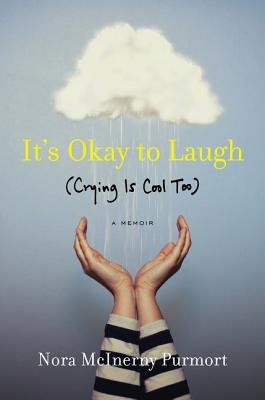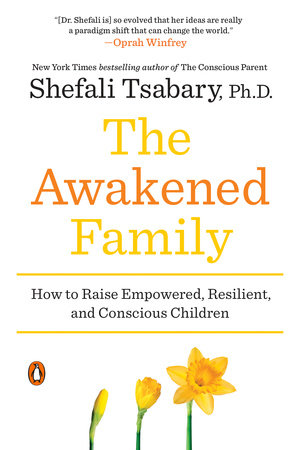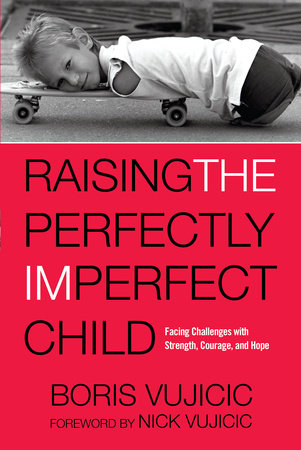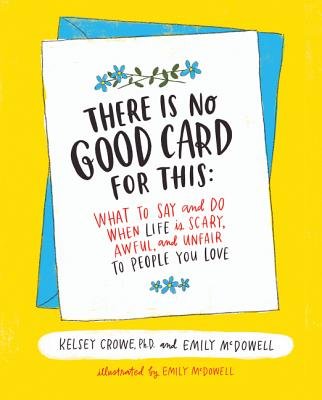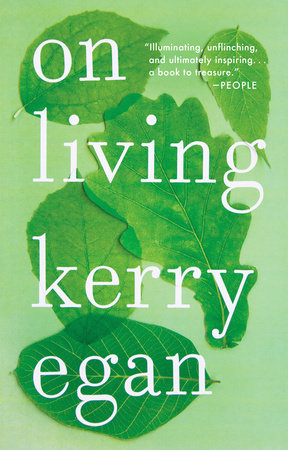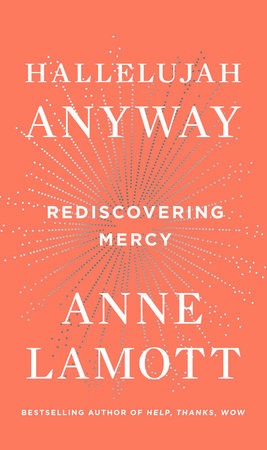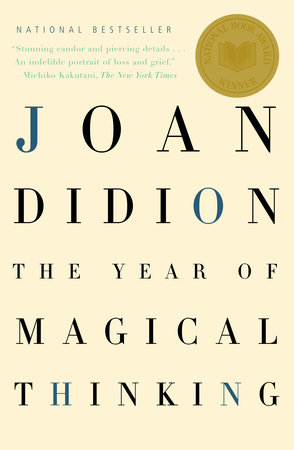8 Inspiring Books for Parents About Finding Resilience in the Face of Adversity
by Denise Schipani
When Facebook’s Sheryl Sandberg lost her husband and the father of her two children, Dave, her whole life was upended in an instant. That part — the upending, the screeching shock — we can wrap our heads around. All of us over a certain age understand that tragedies happen; maybe they’ve happened to us or those close to us. What we have trouble grasping without direct experience is how you go on after. What do you do to persevere? What you do, as Sandberg has written and spoken eloquently about, is find and forge new ways of living you hadn’t had to consider before. One door is closed to you, one path blocked, one option denied? You seek another door, hack out another path, select (or invent) another option.
We gathered some books that explore resilience in the face of adversity, particularly for families. Is resilience innate, something you can find when you need it, like a warm sweater on an unseasonably chilly summer evening? Or is it something you can, and maybe should, nurture in case of the inevitable? We’ve also added a few books that, while they may not be about building resilience, are the kind of inspiring reads that make you think, if they can do it, so can I. Because you can. We all can.
-
Option B: Facing Adversity, Building Resilience, and Finding Joy
Available from:Not long after her husband’s death, Sheryl Sandberg’s son had a father-son event to attend, and a close male friend was pinch-hitting. Crying, Sandberg said, “But I want Dave!” The friend told her that while having Dave there was the preferred option, option A, what they had in hand that day was option B. The lesson was that sometimes your ideal outcome — health that doesn’t fail, accidents that don’t happen, jobs that don’t disappear — isn’t on the menu, so you have to find a way to make the alternate options work for you and seek out new ways to rediscover joy. Sandberg’s coauthor, psychologist Adam Grant, offers insight into the nature of resilience, which is not fixed but able to be built and strengthened throughout our lives.
Also available from: -
It’s Okay to Laugh (Crying Is Cool Too)
The truth that many people who go through the worst — losing a partner, losing a child — come to understand best? No one gets a free ride in life. Bad stuff is going to happen to everyone. And the deeper lesson: No one knows how to do grief the “right” way. We’re all making it up as we go along. So says the writer of this poignant memoir, who became a wife, then a mother, then a widow before the age of 30. She tells her story and imparts her lesson — just live already! — with laugh-out-loud humor and deep humanity.
Preorder from: -
The Awakened Family: How to Raise Empowered, Resilient, and Conscious Children
Available from:Ask any parent if she wants to raise children with reserves of strength to see them through the inevitable disruptions of life, and of course the answer will be yes. But how to get there, well … that leaves many of us feeling like wanderers without maps. Tsabary, a psychologist and author of The Conscious Parent: Transforming Ourselves, Empowering Our Children, argues that the answer lies less in molding your children or controlling their world, and more in focusing on nurturing who they are as people. She offers advice on how to be a more present, conscious, and meditative parent — the kind who, she believes, is best able to raise capable, caring, and resilient people.
Also available from: -
Raising the Perfectly Imperfect Child: Facing Challenges with Strength, Courage, and Hope
Available from:When their child, Nick, was born without arms or legs, Boris and Dushka Vujicic were pushed into a realm no parent would volunteer for. Unprepared and overwhelmed don’t begin to describe how they felt as they set off on the uncharted and painful task of raising their (perfectly) imperfect child. Now an adult, Nick is a nationally known motivational speaker and author, as well as a husband and father. This book isn’t Nick’s story, though. Instead, it’s a trove of practical, gentle, and loving advice from his parents to others who have to face, for whatever reason, a “new normal” while raising a child with any kind of special needs or unexpected challenges.
Also available from: -
There Is No Good Card for This: What to Say and Do When Life Is Scary, Awful, and Unfair to People You Love
The authors — a “compassion expert” and a greeting-card maven — offer this practical, illustrated guide to helping others get through painful times. It offers step-by-step advice on how to get over the paralyzing idea that there’s nothing you can do or say to help someone who is suffering. Though it’s meant to help you reach out to others most productively, you can’t help but realize as you work through exercises and read sample conversations, that we all have it in us to help others and ourselves.
Preorder from: -
On Living
Available from:Working as a hospice chaplain, seeing families through one of the most transforming experiences of their lives, you’d think Egan would spend a lot of time discussing death or God. But in fact, she writes, the people she counsels don’t want to discuss death — they want to discuss life. This book is her manifesto about living the life you have while you still have it, and using the lessons of the dying and their loved ones to instruct us in ways to find courage in the face of fear and empathy where we least expect it.
Also available from: -
Hallelujah Anyway: Rediscovering Mercy
Available from:The best and most compelling thing about reading anything by Anne Lamott is how self-consciously human she is. Rather than presenting us with answers, Lamott is at her best when she brings readers along as she asks the questions. In her latest book, she explores the subject of mercy — and discusses that in order to be merciful and forgiving to others, we first have to practice that most difficult of mercies: being kind to our own messy, complicated selves. That never-ending journey, she says, is what allows us to live a life less burdened by judgment and pain, and more free and full.
Also available from: -
The Year of Magical Thinking
Available from:After the sudden death of her husband, John Gregory Dunne, Didion wrote this National Book Award-winning treatise on understanding grief. In her signature spare, unstinting style, Didion unpacks how her own grief journey can inform yours if — or, let’s face it, when — it happens to you. Though her story is completely and intensely personal (she also deals with the mysterious illness that robs her of her daughter, Quintana, not long after John’s death), it’s also somehow universal: We all deal with loss, but loss is only a reflection of love.
Also available from:
Share what other reads have inspired you in the comments below.


